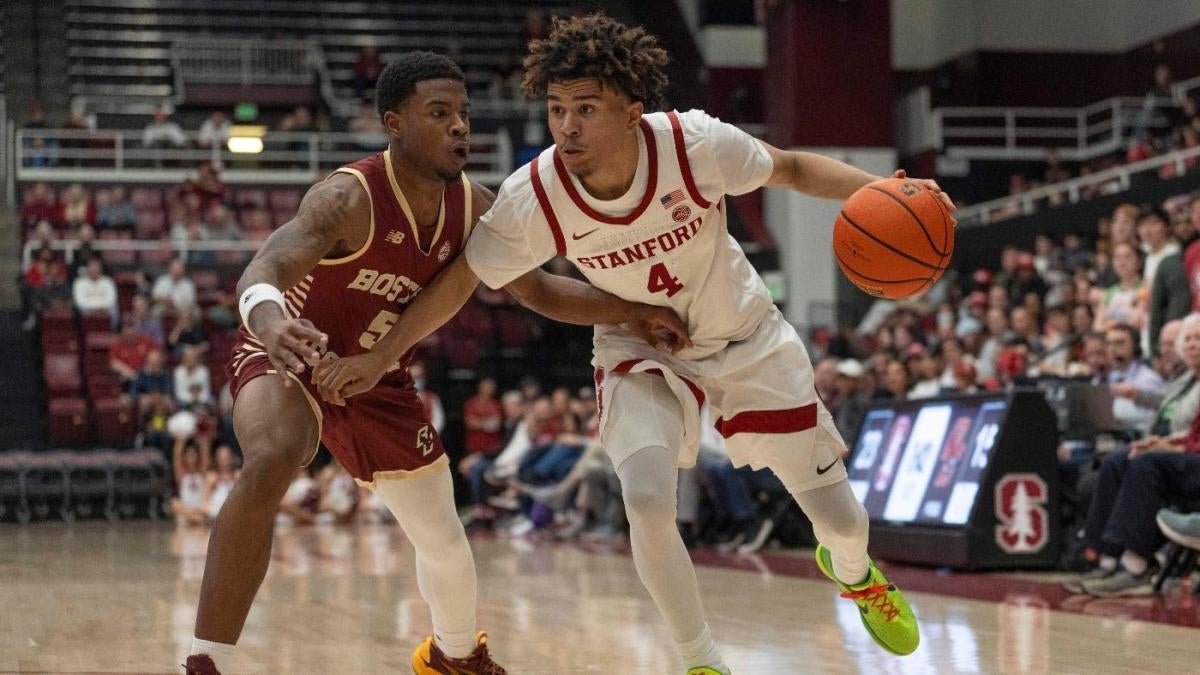License plate readers, surveillance cameras, phone technology and other tools are helping law enforcement solve crimes, including the murders of prostitutes, cases that are known to be difficult to unravel.
But as these technologies continue to evolve and prove to be efficient crime-solving tools, concerns are growing about privacy and the potential that these technologies can be misused by law enforcement. The difference between solving crimes and unlawful surveillance can be one person or a bad policy.
Striking a balance between security and privacy is paramount. But there will always be a fine line that the courts and lawmakers will have to walk to ensure the use of these technologies does not violate the Fourth Amendment’s protection against unlawful search and seizure.
Dallas police, so far, seem to have been able to achieve this balance. City officials have a policy that addresses security concerns. We noted that in an editorial earlier this year about a software program called FUSUS that allows them to combine video streams from fixed and mobile sources. The policy ensures that city-owned cameras comply with privacy and data security laws to protect residents’ civil liberties.
License plate readers are becoming increasingly common in helping police solve crimes and find missing people. The images these readers capture are run against other databases associated with criminal investigations. Most of these images are typically deleted from the system after 30 days, depending on the jurisdiction.
License plate readers can register information and alert police to problems in real-time. Plenty of people from both sides of the political spectrum have concerns about how information is stored.
Nathan Freed Wessler, deputy project director with the American Civil Liberties Union, said law enforcement should require warrants to access stored geotagged license plate data. Deletion requirements are a good protection to “cut down the potential this technology has for pervasive tracking,” Wessler told us.
State Rep. Brian Harrison, R-Midlothian, has his own concerns about government overreach with license plates. He told The News that he will introduce a bill to limit the storage of license plate information.
The concerns are not unfounded. It’s easy to imagine scenarios where an officer improperly uses license plate data. But it’s also true that license plate data is public and that it’s usually gathered in the public right of way.
The possibility that police can become more efficient in solving serious crimes by tapping technology to speed up discovery of what is otherwise public isn’t a red line.
Getting crimes solved and ensuring that our cities are safe is the greater concern.
We welcome your thoughts in a letter to the editor. See the guidelines and submit your letter here. If you have problems with the form, you can submit via email at letters@dallasnews.com













